Lamp Featured Mentor Bios
Current LAMP Mentors and LAs
Christi Boggs
I am a teacher. It is what I aspire to, what I love, and all I have ever wanted to be. Although teaching is a small piece of my job description it guides and informs all I do. Whether I am teaching a course, training Nordic ski athletes or working with faculty I see myself first and foremost as a teacher. My teaching style is cooperative and exploratory with moments of chaos and moments of structure. I am but a stepping stone in the path of each person's journey. I hope to provide an important piece of assistance that allows each individual to find her/his own way; the key to a door; the ride across the river; the sword with which to slay the dragon. My hope is that my 'students' go on to wondrous and successful journeys and return to teach me what they have learned.
I am a coach. For twenty-three years, I have been the volunteer co-coach of the Men's and Women's Nordic Ski Team. In that time, the team has skied to thirteen United States Collegiate Championship team titles, twenty-one individual titles and boasts 158 Academic All-Americans. In 2011, 2013, 2015 & 2017 and 2019, the team represented the USA at the World University Games in Turkey, Italy, Slovakia, Kazakhstan and Russia. For the Slovakia and Kazakhstan games, I co-designed and co-taught an integrated curriculum course called ‘Environmental Assessment of an International Event’ and in 2019, ‘Earth as Body, Body as Planet’. Fall 2019 I have had the fantastic opportunity to co-teach a course that meshes two of my passions, teaching and coaching, into ‘The Art and Science of Nordic Ski Racing’. I have also had the opportunity to broaden my coaching as we invited 10 student athletes from Shanghai University of Sport who joined us for a year to learn how to ski race and coach. It is a labor of love!
I am a Social & Environmental Justice warrior. To me this means honoring all ways of knowing and being. I work to create an environment which is safe and supportive and within which the magnificent variety of human experience and difference is celebrated. This includes ways of being and knowing that are connected to spirituality, the earth, the environment, nature… everything in an interconnected web of beauty. Social Justice includes challenging and breaking down systemic and personal barriers to individuals and groups so that everyone has the ability to realize their own dreams.
I am an Instructional Designer and instructor. I am an instructor in the Department of American Cultural Studies and Kinesiology and Health. As an Instructional Designer I teach and work with faculty in the area of technology as an inclusive pedagogy. I have taught numerous workshops on diverse instructional topics as well as inclusive pedagogy. I especially enjoy working with faculty, helping them create and master tools and techniques to assist them in actively and inclusively engaging their students for deeper learning. Since starting at UW in 2007 I have been involved with many projects including receiving several grants in areas of Gamification, Podcasting, and Open Educational Resources. I have also initiated many projects including TIE (Teaching Instructional Excellence), the Diversity, Equity, and Inclusion Certification, Online Education Certification, TNT Teaching with Impact, among others. I have been asked to be a guest speaker in a variety of areas in online education, teaching with technology, and inclusive pedagogy.
I am passionate about what I do and inspired every day by the students, athletes, faculty, and staff with whom I work.
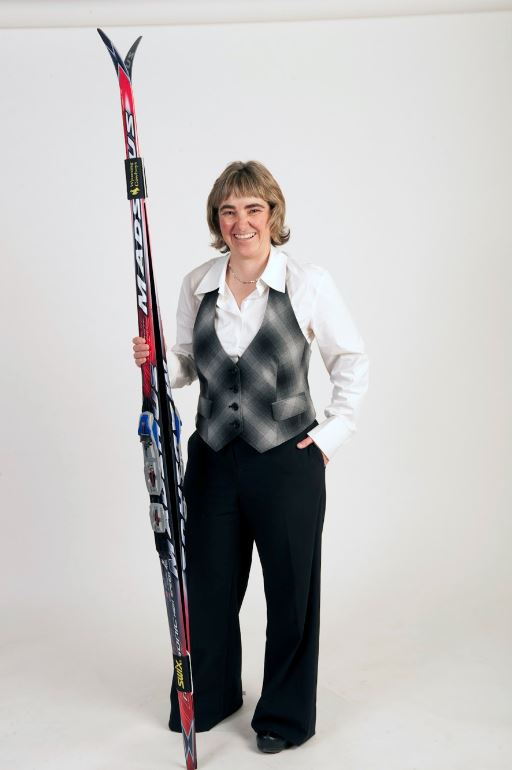
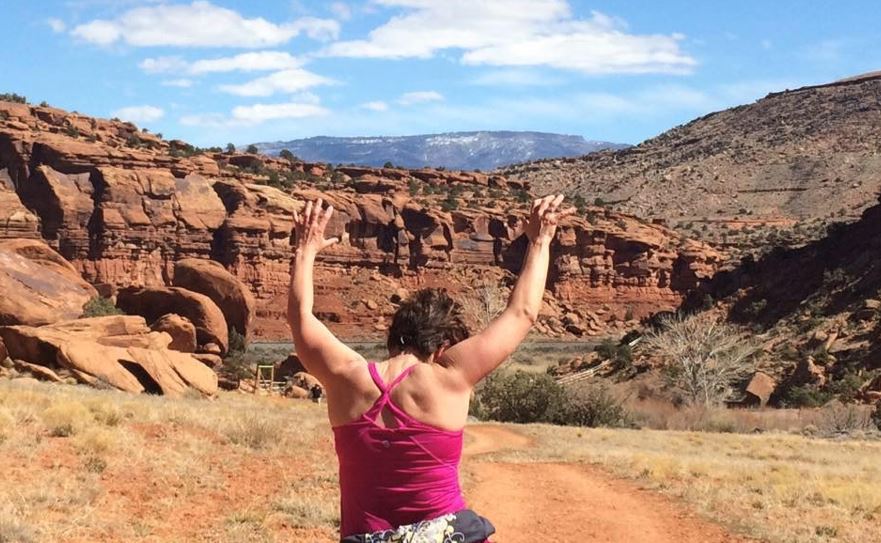
Monia Haselhorst, Ph.D
Monia's Full Bio can be viewed though the following link below:
https://coloradomtn.edu/faculty/haselhorst-monia/
Edward Nuhfer, Ph.D
Ed Nuhfer received his PhD in geology from University of New Mexico, and served as a geologist and researcher in industry and government before starting an academic career. He held tenure as a full professor at four different universities, authored publications on environmental geology, sedimentary geology, geochemistry, petrology and geoscience education, served as a mentor for hundreds of geology and reclamation students. He served as a regional/national officer for the American Society for Surface Mining and Reclamation, the American Institute of Mining Engineers and as national editor for The American Institute of Professional Geologists from which he received three presidential certificates of merit and the John Galey Sr Pubic Service Award. His book, The Citizens' Guide to Geologic Hazards, won a Choice award for "outstanding academic books" from the Association of College and Research Libraries. He received the national Innovation Award Finalist and the Faculty Development Innovation Award, from POD He has authored over a hundred publications in faculty development, and served as an invited presenter and featured speaker of workshops for The Geological Society of America, POD, AAC&U, WASC, Lilly Conferences, and as an invited presenter of workshops and keynotes on faculty development and assessment for many universities and conferences.
While on sabbatical on 1988-1989 in Colorado, he discovered faculty development and returned to found the first faculty development centers in Wisconsin. He subsequently served as Director of Faculty Development for University of Wisconsin at Platteville, University of Colorado at Denver, and Idaho State University, as the Director of Faculty Development and Assessment of Student Learning at California State University Channel Islands, and served in his last full-time job as Director of Educational Effectiveness at Humboldt State University "years beyond when I thought I would want to retire" before finally retiring in 2014. Ed founded the one-week faculty development program "Boot Camp for Profs," which he directed for nearly twenty years. At California State Universities, he led the team that created, validated and published the Science Literacy Concept Inventory.
After "retiring" Ed assembled a separate team to pair the Inventory with a knowledge survey of the Inventory that published two recent papers in Numeracy on self-assessment measures. In a past life, he served as a tenured geology professor, a faculty developer, a founding director of an interdisciplinary Reclamation program that still thrives 35 years later, an aikido instructor, and an officer in geology and Reclamation societies. Ed authors "The Developers Diary" for National Teaching and Learning Forum, and contributes regularly to "Improve with Metacognition" hosted at USAFA. When not doing brain workouts with his good friends and colleagues, he enjoys savoring microbrews, concerts at Red Rocks, studying tai chi, bicycling, motorcycling, gardening, and sharing outdoor adventures with his dog, Zion.
Martha Inouye
Martha Inouye received her Master’s in Natural Science Education from the University of Wyoming’s Science and Mathematics Teaching Center. The first year of this program involved participation in Teton Science Schools Graduate Program, in which she gained a deeper understanding of place-based education, was a field instructor for student groups, and facilitated outreach efforts around the state. At UW, her Master’s research focused on the role that professional development plays in supporting the integration of critical thinking skills in the K12 science classroom. Prior to this schooling, Martha was a high school science teacher in a high-needs alternative school outside of Boston, Massachusetts, teaching a range of science disciplines, including physical and life science and chemistry. While there, she received a certificate for Sheltered English-Immersion instruction and taught science courses inclusive of English Language Learners at varied levels of English proficiency.
Martha is currently a Research Scientist in the Science and Mathematics Teaching Center at the University of Wyoming. Her outreach focuses on the development and facilitation of K-12 science teacher professional development around the state of Wyoming, both at the district and the state level. Her research focuses on science teaching and learning, the impact of a responsive facilitation approach to educator growth, and the incorporation of place-based education principles to student and educator learning. Since 2014, Martha has supported teacher understanding and implementation of the current science education reform and implications of neuroscience research on learning. She has supported groups like Ecology Project International, Teton Science Schools, and WY Game and Fish in developing and/or facilitating their science teacher education programs. She is also involved in the Advancing Coherent and Equitable Systems of Science Education (ACESSE) project, which brings together researchers and practitioners from across the country to promote equity and coherence in science education.
Martha joins the LAMP Mentors to offer her ideas and experiences with place-based education, educator professional development, online and in-person instruction, and the network of WY K-12 educators she had fostered. She looks forward to learning and growing with the LAMP community.
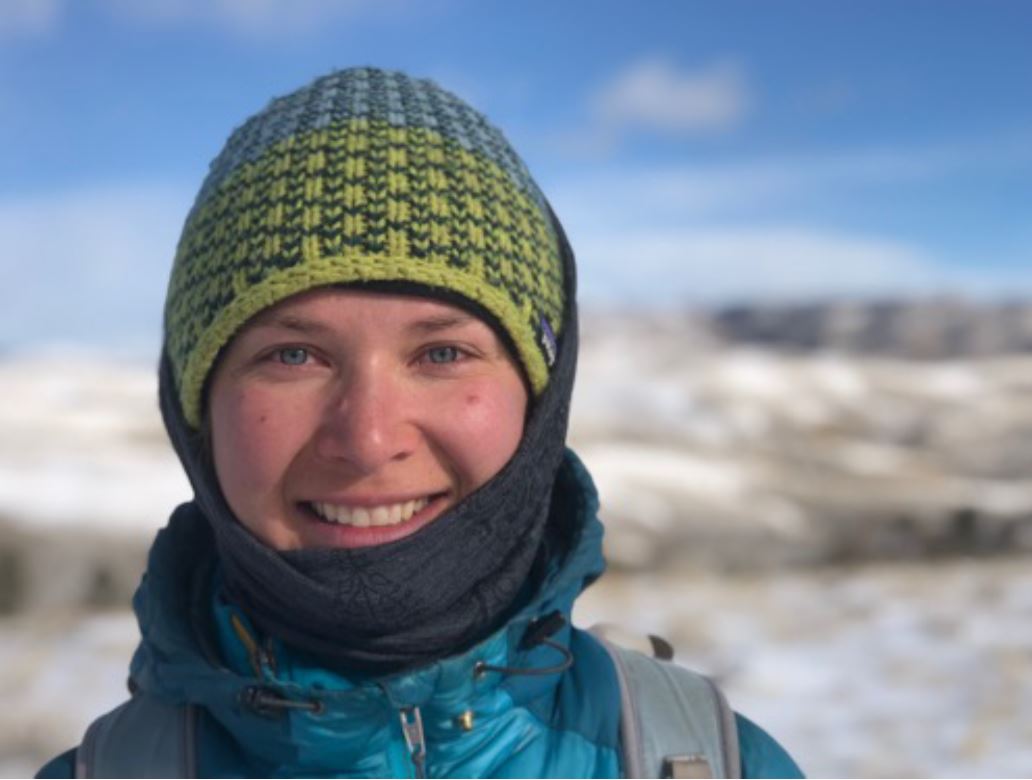
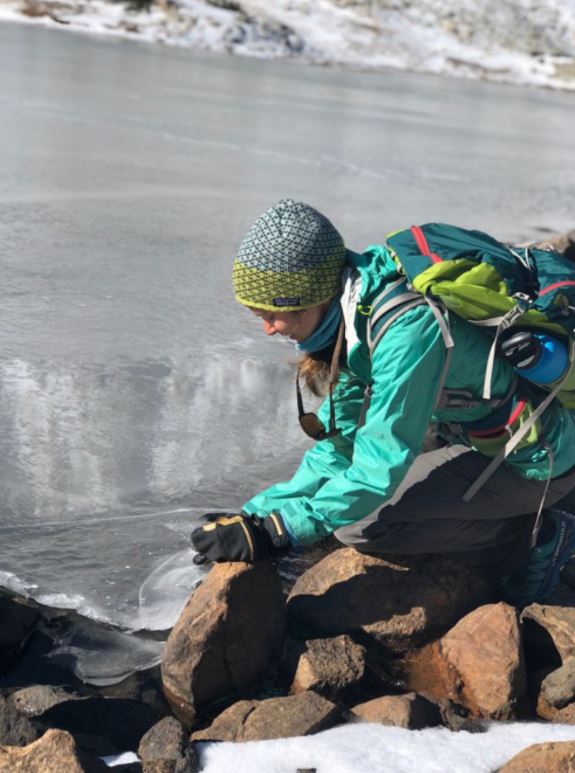
Janel Seeley, Ph.D
Janel Seeley earned her doctorate in Educational Psychology from the University of Tennessee. She has been thrilled to be a LAMP mentor for the past four years.
Janel is currently the director of the Ellbogen Center for Teaching and Learning at the University of Wyoming. She and her awesome team of educational developers provide programming and support on teaching and learning across campus.
She is a certified trainer in Collaborative Communication and has shared her experience in both teaching and learning and Collaborative Communication with a variety of universities and organizations national and internationally. Some of these include, facilitating learning communities with faculty, students and administrators at the University of Tennessee, the University of Wyoming, Trent University of Ontario, and Tashkent State University of Economics in Uzbekistan. She has taught instructors at a non-commissioned officers academy for the United States Air Force, and through a faculty development course for Army ROTC instructors from across the nation. Janel also assisted with planning and facilitation of The Global Assembly for Knowledge Democracy in Cartagena, Colombia and is interested in promoting the Public Scholarship of Teaching and Learning.
In her spare time, Janel loves to cook, travel, hike, ski and keep bees.
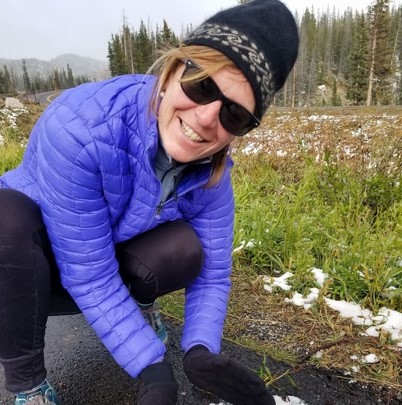 |
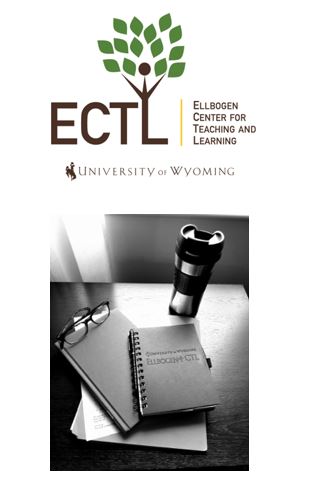 |
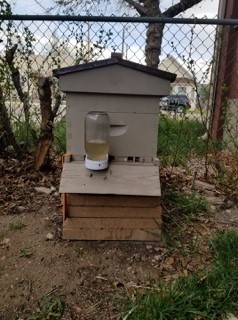 |
Dr. Liana Boggs Lynch
Dr. Liana Boggs Lynch is an Instructional Professor in the Botany Department and Life Sciences Program. Liana’s passion for teaching involves incorporating active learning techniques into her classrooms and encouraging students to eagerly participate in their learning. She currently teaches Field Ecology, Current Issues in Biology, Terrestrial Ecosystem Ecology, and Microbiology Capstone in addition to coordinating the Plant and Fungal and General Biology labs.
Liana grew up in Colorado and received her bachelor’s in biology from the University of Colorado Denver and fell in love with ecology and soil science. Her love of the Rockies and ecology brought Liana to University of Wyoming where she received her PhD in the PiE Program. Liana’s PhD focused on modeling forest regeneration after the bark beetle outbreak. Her research focuses on using soil microbiology and biogeochemistry in agriculture systems to address soil health concerns. She heads the Wyoming Collaborative for Healthy Soils; a stakeholder engagement effort aimed at engaging the agricultural community to identify ways to support producers in the voluntary adoption of soil health practices on croplands and grazing lands. During her spare time, Liana’s eclectic hobbies include photography, archery, horseback riding, hiking, and scuba diving.
Amy Rhoad
I am a teacher and a lifelong learner. I followed a traditional route in a non-traditional manner with a focus on teaching throughout my academic career. I got my bachelor’s degrees in Microbiology, Molecular Biology, and Environmental & Natural Resources here at UW and in the process gained my first experience in teaching as TA for a microbiology course. That experience led me to becoming a teaching lab supervisor which led me to fall in love with teaching. I then got my PhD in Animal & Veterinary Science also at UW where I got to combine my love of science and biology with my passion for teaching. Through my experience teaching the microbiology labs and medical microbiology as a graduate student I realized the importance of learning alignment within my courses and across section.
I am now an instructional professor in the Veterinary Science Department. My primary role is instruction in the LIFE Science Program. I get to teach and mentor both undergraduate and graduate students. As a teaching lab coordinator, I design and implement hands-on activities as well as train Graduate Teaching Assistants in how to lead lab sections. I also teach two lecture courses, and I get to see several of my students throughout their careers as they advance through life sciences Because of this, I am particularly interested in course alignment and teaching critical thinking in a biological context. I work with a fantastic team and together we have become well versed in assessment across the life courses
I am a Wyoming native and love all the unique opportunities to spend time in nature that we have in this state. I love fishing and rafting in the summers and skiing in the winters. My husband and I both grew up in Cody, WY right outside Yellowstone National Park and have lived in Laramie since 2009 where we frequently venture into the mountains. This life-time connection to nature is something that has solidified my passion for biology and love for animals. The life sciences are a perfect place for me because I get to model everyday how connection and excitement for a topic making learning so much fun!
Former LAMP Mentors and LAs
Sridhar Budhi
Sridhar Budhi received his B.S in Chemistry at University of Madras and M.Sc in Chemistry at Indian Institute of Technology Madras, India. He received his M.S degree with thesis from University of South Dakota under the mentorship of Dr. Ranjit Koodali. He got his Ph.D degree from Colorado School of Mines under the guidance of Dr. Brian Trewyn in 2015. As part of his Ph.D research, he did 30 month internship at National Renewable Energy Laboratory (NREL), Golden, Colorado under the mentorship of Dr. Mark Nimlos. Upon his graduation, he accepted tenure-track faculty position at Eastern Wyoming College, where he is teaching various chemistry classes for several associate degree programs. His research interests are heterogeneous catalysis, synthesis and characterization of nanomaterials for applications in renewable energy and environmental remediation and exploring active learning strategies. He has published fourteen scholarly research articles in various journals that has international reputation and coauthored a book chapter for American Chemical Society symposium series. During his time as graduate student, he received award for teaching at University of South Dakota and recipient of International Precious Metals Institute Metro New York Chapter Award. Since 2015, he participated in various workshops and national meetings including LAMP. He is associated with LAMP since 2017 as student, mentor and learning assistant.
Tawfik Elshehabi, Ph.D
Tawfik Elshehabi is a lifelong Petroleum Engineering educator and scholar. He is currently a Senior Lecturer at the University of Wyoming. He joined the College of Engineering and Applied Science in 2017. Tawfik serves as the Program ABET Accreditation Coordinator. He also oversees the simulation facility in the Engineering Education and Research Building. He is a registered Professional Engineer with the State of Wyoming. He taught numerous petroleum engineering and engineering science courses. He published several technical papers and posters in the areas of petroleum engineering and engineering education.
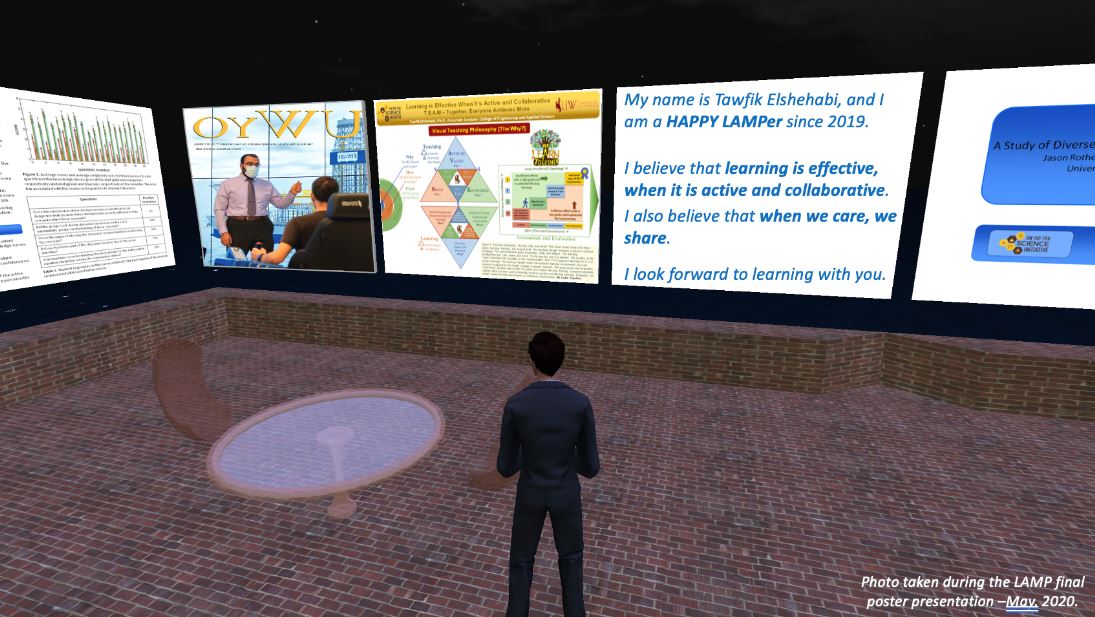
Michele Larson, Ph.D
Michele grew up in rural Eastern Washington with a strong desire to learn about the natural world. She earned a Bachelor of Science in Biology and Zoology from the University of Washington and a Master’s in Education from Eastern Washington University. She taught high school biology, AP biology, and math for five years prior to returning to graduate school to earn her Master’s in Biology and Ph. D in Ecology.
Currently, Michele is an instructor and lab coordinator for the Life Sciences Program at the University of Wyoming. She believes that teaching is the primary responsibility of university professors. Thus, professors should be easy to approach and available to students, create lessons that incorporate multiple strategies to ensure that all students are able to learn, and challenge students to think about the topic from different points of view. Michele adamantly believes that all students can learn regardless of background, age, gender, or educational ability.
Michele believes that a growth mindset (as opposed to a fixed mindset) is essential for student success. Students with a growth mindset take responsibility for their learning, are self-motivated to learn, and gain both knowledge on the subject matter and transferable skills. Michele sees teachers as facilitators for student learning and as such the need to incorporate teaching strategies that work to include all students. These strategies include a mixture of active learning strategies with traditional lecture, individual and group activities, activities that allow students to think and write about their knowledge, and strategies that promote inclusion in the classroom.
Michele’s research interests include studying the impacts invasive freshwater snails have on native benthic communities and investigates host-parasite interactions in freshwater snails. Michele also conducts educational research on mindset psychology, student accuracy in self-assessments, active learning strategies, and learning in introductory biology courses.
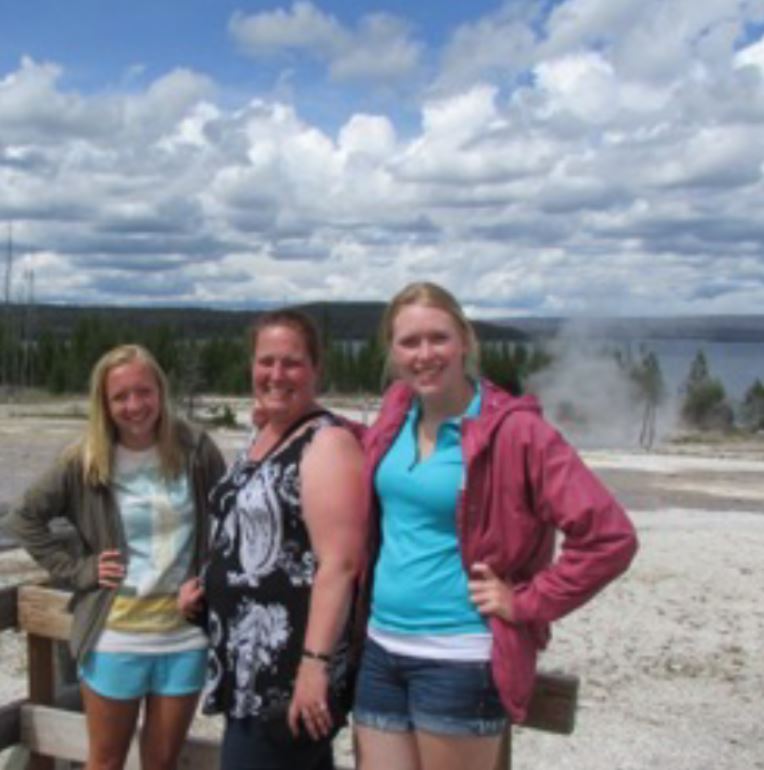 |
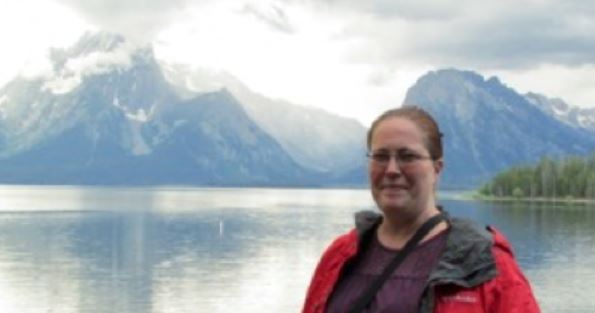 |
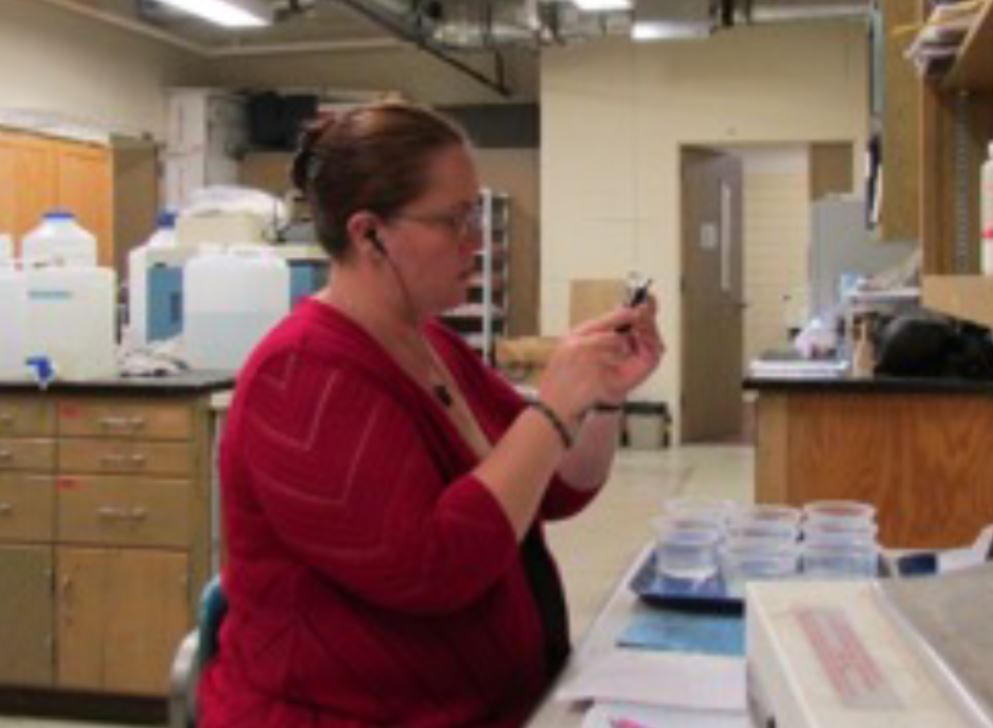 |
Aubrey Murdock
Aubrey Murdock is an artist, designer, educator and urbanist focused on creating tools to render complex systems visible. In her work as the Co-Director of University of Orange, a free school and community organization, and her interdisciplinary art practice, Murdock scrutinizes the phrase “there is nothing there” and the role this myth plays in structures of inequity. Murdock is a graduate of the Design & Urban Ecologies program at Parsons The New School (M.S.), Columbia College (B.A., Film Production), and expects to receive her Interdisciplinary MFA from the University of Hartford Art School in June 2021. Her work includes a short film outlining a history of discriminatory planning policies in the United States (The Domino Effect), University of Orange’s site-based storytelling project: Hidden Treasure of Our Orange, A People’s Pathway to Equity: A Learning Guide, and long term research on the human ecology and social infrastructures of her home state, Wyoming. Her favorite thing to know about someone is how they relate to the place they live.
Maggi Murdock
I believe that everyone deserves the opportunity to learn. Throughout my career as a faculty member and administrator at the University of Wyoming, my goal was to provide access to learners, wherever they lived and however they learned. I’ve been teaching in various learning environments for nearly half a century: teaching and learning through courses offered face-to-face, and through correspondence study, audio teleconferencing, video conferencing, online, and in hybrid modes. I believe that teaching and learning are collaborative endeavors, with success dependent on inclusion, trust, and respect in mindful and purposeful learning communities.
I spent 42 years as a member of the Political Science Department faculty at UW, and also served as the dean of UW’s branch campus in Casper, the dean of the UW Outreach School, and UW associate vice president for academic affairs. I am currently a partner in Learning Corps, a consultant-mentor enterprise designed to support resilient teaching and learning across diverse learning environments.
I’m a native of Wyoming, growing up in a small town. But I went to an eastern city for college (Omaha, Nebraska)! And on to Boston for my graduate work. My husband, Nick, is an attorney in Casper and I have two grown daughters. Another of your mentors, Aubrey, is my younger daughter, I’m proud to say. I have three grandchildren – now all grown up themselves: one is headed to graduate school in Canada, the other two are negotiating college during a pandemic. To my grandchildren, and to every student, I dedicate this work to make teaching and learning the best it can possibly be for every learner. Oh, and I love to travel!
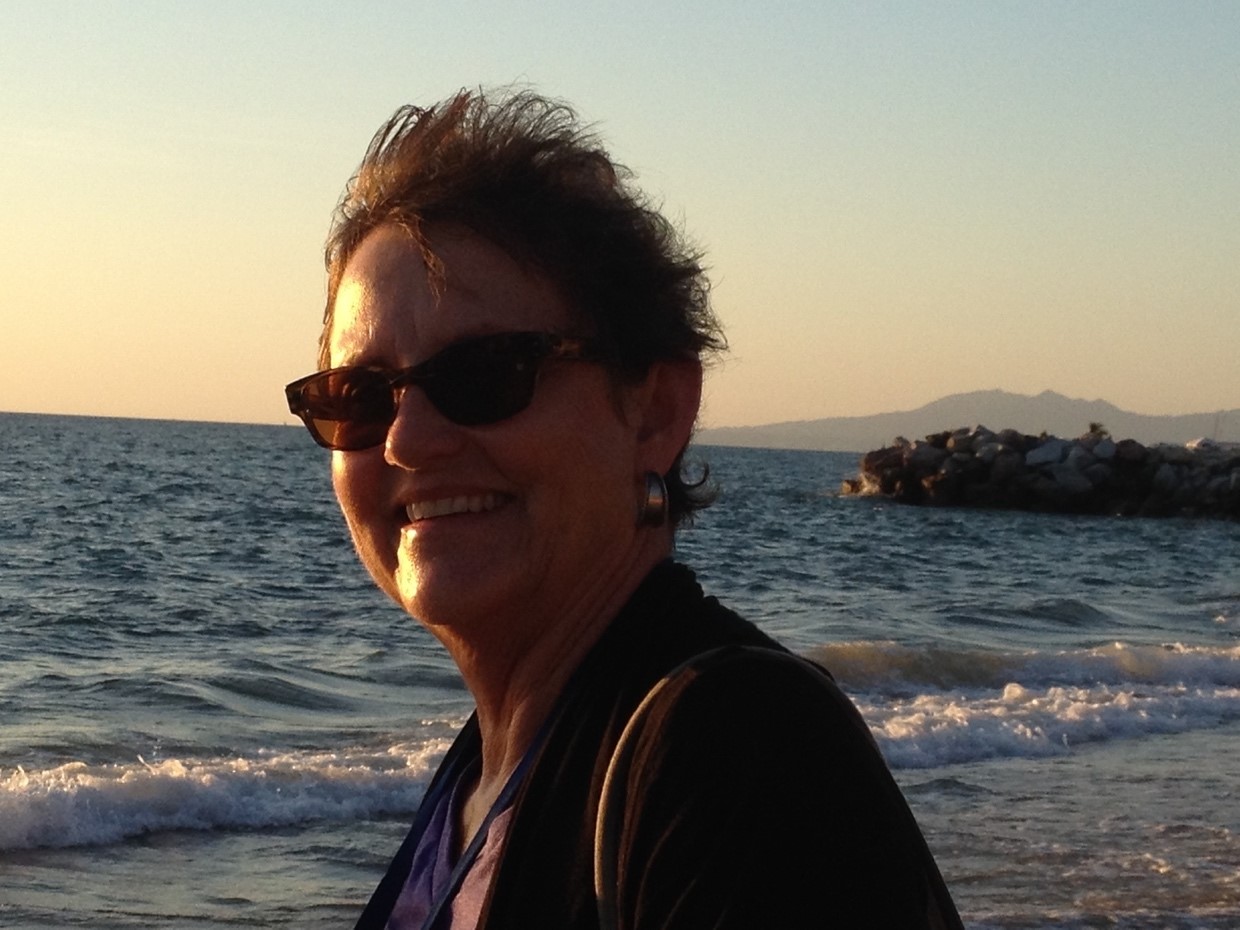 |
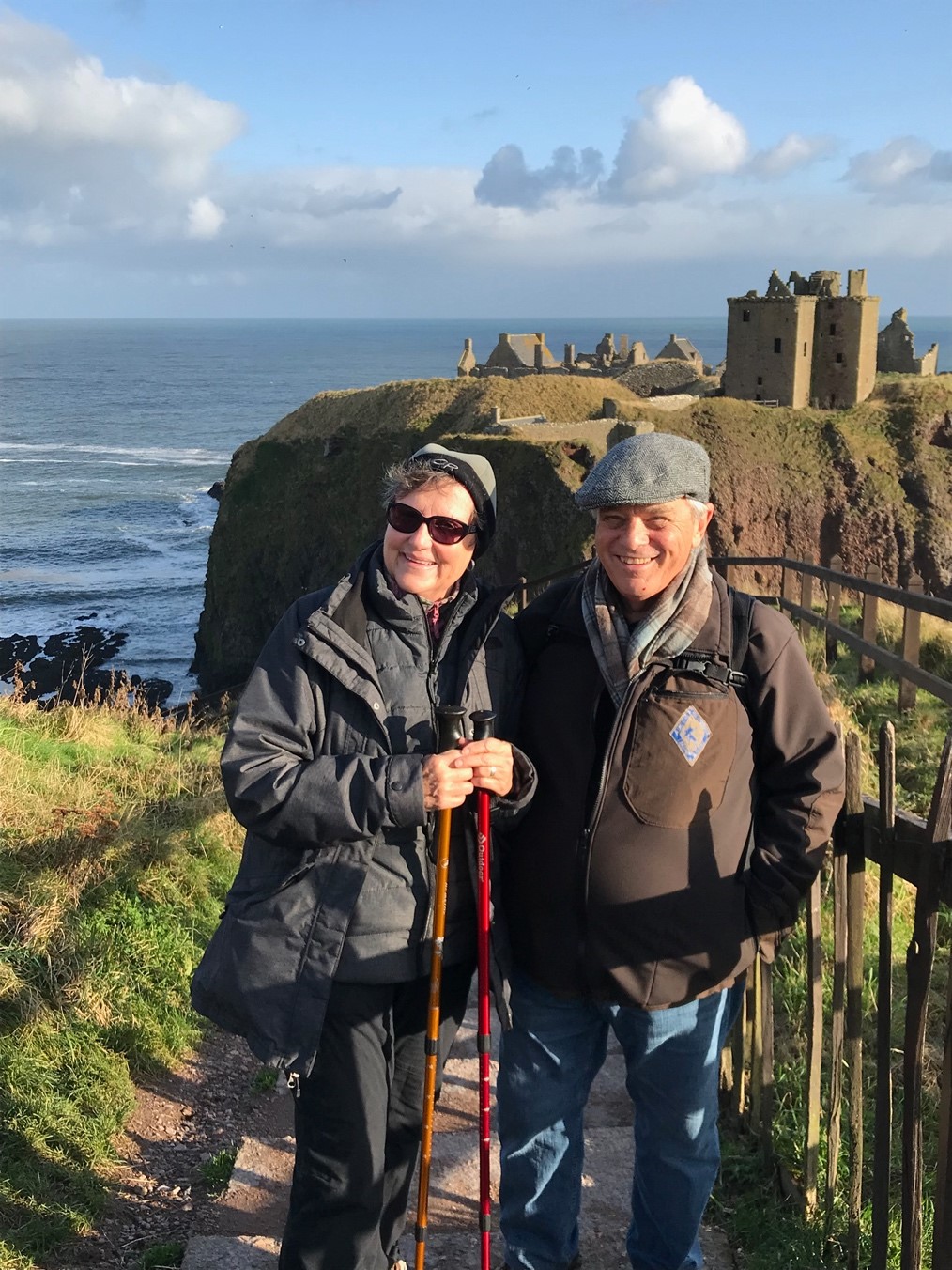 |
Jessica Sutter, Ph.D
Dr. Sutter is a recently-defended Ph.D. student in the Department of Physics and Astronomy. She grew up in the forests around Portland, Oregon and absolutely loves to be outside! Her first real experiences with active learning were assisting with astronomy labs during her undergraduate degree at Whitman College in Walla Walla, Washington and working as an education intern for the Portland Audubon Society’s Summer Camp program. If you ask nicely, she might even lead a game of ‘cone chuckers’ (a favorite in the summer camp crowd)!
During her six years at the University of Wyoming, Jessica has done research in extragalactic astronomy and the scholarship of teaching and learning (SoTL). Her research in extragalactic astronomy focuses on measuring star formation rates of nearby galaxies using far-infrared tracers to better determine how galaxies evolve over time. To continue this work, she will be transitioning to a postdoctoral position at the Stratospheric Observatory for Infrared Astronomy, or SOFIA, which uses a telescope on an airplane to observe space without the pesky atmosphere getting in the way! In her education work, Jessica focuses on bringing more of the principles of the scientific method to introductory physics and astronomy courses with inquiry-based activities that focus on real-world problems. She got to test these methods out in major and non-major astronomy classes during the Fall of 2020, and has lots of new ideas about how to teach the next generation of scientists!
In her spare time, Jessica loves to get outside however she can! Backpacking is a favorite activity, but she also loves nordic skiing, SUP’ing, kayaking, road biking, running, and open-water swimming! She has hiked sections of the Pacific Crest Trail, met an echidna while hiking the overland track in Australia, and solo-hiked the Uinta Highline Trail. Jessica is incredibly excited to be a mentor for the science initiative summer institute and get to learn more about active learning with an awesome group of people in a beautiful place!
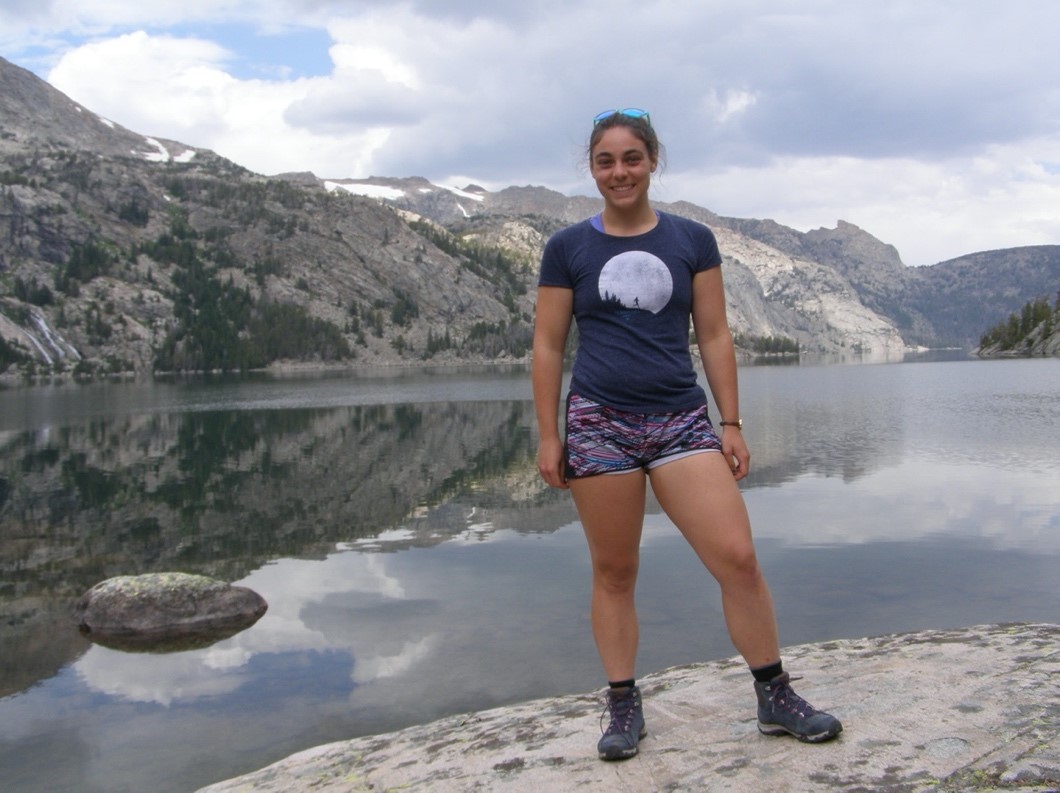
External Mentoring Team from Learning Corps:
Aubrey Murdock
Maggi Murdock
Liz Simpson

